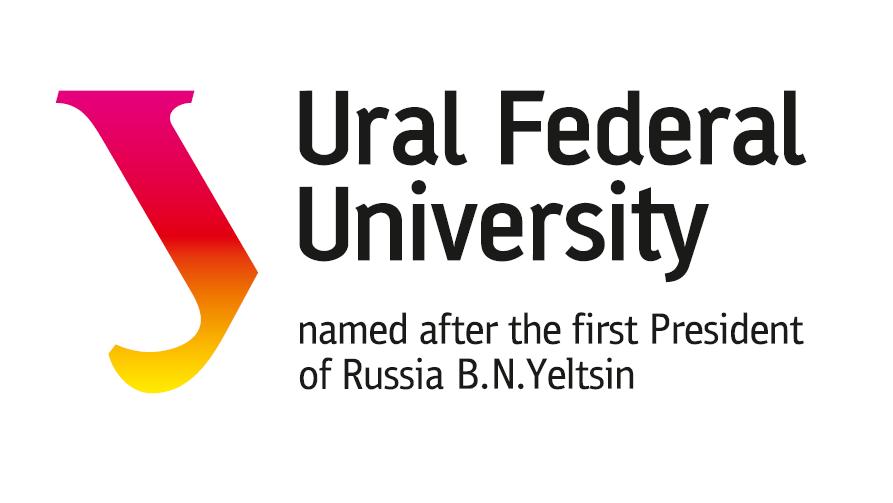Ural Federal University: Modern Romantic Relationships are Defined by Digitalization
The modern digitalization and automation of all socio-economic processes and practices determines people’s behavior, including the choice of partners, types and timing of love relationships. The IT industry, digital technologies and deep learning artificial intelligence impose on society not only new forms, formats and means, but also substantive norms that define, for example, types and levels of love affection and even sexual partners themselves. Igor Chubarov, Director of the Institute of Social Sciences and Humanities, Vice-Rector of Tyumen State University, spoke about this and more generally about modern “digital love” at the international forum “Human well-being in conditions of digital transformation,” which started yesterday at UrFU and is implemented within the “Priority-2030” strategic project.
“Even if you do not have a Tinder or Pure, Maboo or Bumble account, you are still subject to the general logic of excessive but limited choice, which turns out to be not-choice – it is like choosing a yogurt in the supermarket, switching TV channels or scrolling videos on TikTok. At the core here are opposing and contradictory economic trends: on the one hand, unlimited freedom, competition in the market for goods and services, and on the other hand, for example, monopolization or simply buying up small innovative companies under one brand. All this leads to a restriction of freedom, not to mention equality and justice. In the sphere of romantic relationships, sociologists see a similar asymmetry – the limitation of options in the choice of partners, and subordinate to conservative social stereotypes, with a large choice of dating digital platforms,” explains Igor Chubarov.
According to the researcher, the understanding of modern love is rapidly changing – desacralized, secularized, and simultaneously re-sexualized. This is related not only to digital platforms, programs, and big data, but also to the structure of social and economic life itself, which sociologists today call “platform capitalism”.
“I cannot tell when or if “history”, love, or even sexuality itself will end, or even that it will end at all, being replaced by virtual sex or relationships with robots. A three-year love relationship, according to Beigbeder, is neither a universal law nor a sentence. However, some sustainable effects, if not patterns, can be observed today,” concludes Chubarov.

